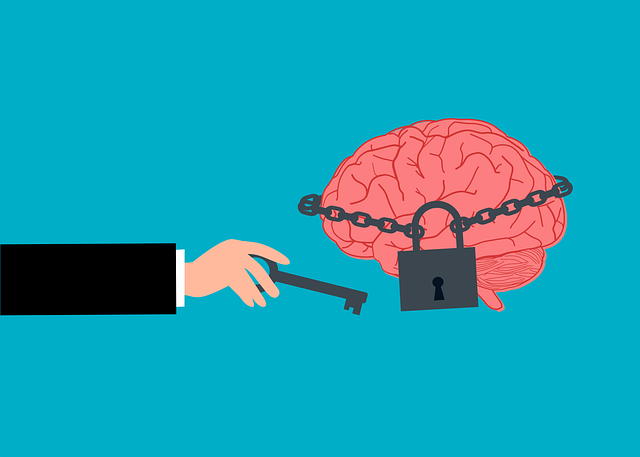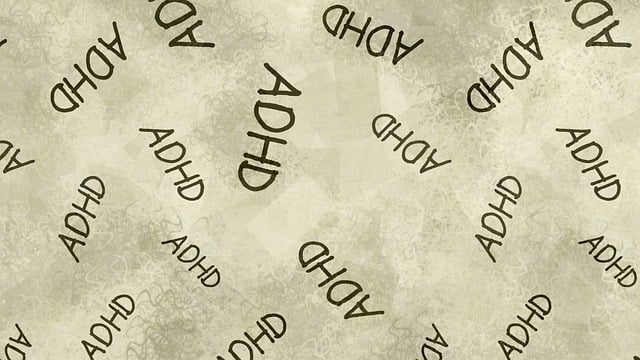Broomfield Gender Identity Therapy emphasizes Emotional Intelligence (EI) as a powerful tool for mood regulation, offering a holistic approach to mental health. By combining mindfulness, journaling, and open communication, individuals gain self-awareness to manage emotions effectively. This strategy, supported by cognitive techniques and lifestyle adjustments, addresses identity, societal factors, and biological influences. Broomfield's methods, tailored for transgender and non-binary folks, integrate diverse therapeutic tools, promoting emotional resilience, and improving overall quality of life through culturally sensitive practices.
Mood regulation strategies are essential tools for navigating life’s ups and downs. This comprehensive guide explores various techniques designed to help individuals stabilize their emotional states, from understanding the fundamentals of emotional intelligence to adopting innovative approaches like Broomfield Gender Identity Therapy. We delve into cognitive techniques, lifestyle adjustments, and the importance of support systems, offering a holistic roadmap to effective mood management.
- Understanding Mood Regulation: The Role of Emotional Intelligence
- Broomfield Gender Identity Therapy: A Holistic Approach to Mood Management
- Cognitive Techniques for Stabilizing Moods
- Lifestyle Adjustments and Support Systems for Effective Mood Regulation
Understanding Mood Regulation: The Role of Emotional Intelligence

Understanding Mood Regulation: The Role of Emotional Intelligence
Emotional intelligence (EI) plays a pivotal role in mood regulation, enabling individuals to navigate and manage their emotional states effectively. Broomfield Gender Identity Therapy emphasizes the importance of EI as a foundational tool for enhancing mental well-being. By developing self-awareness and empathy towards one’s emotions, individuals can better recognize triggers and implement appropriate coping mechanisms. This proactive approach to emotional health is particularly beneficial in mitigating issues like depression prevention, where early identification and intervention are key.
Self-care practices, including mindfulness exercises and journal writing, are integral parts of EI development. Communication strategies, such as expressing feelings openly yet constructively, further strengthen one’s ability to regulate mood. Through these means, individuals can foster a deeper connection with their emotions, leading to improved emotional resilience and overall mental health. This holistic perspective, promoted by Broomfield Gender Identity Therapy, empowers people to take charge of their emotional lives, fostering stability and enhancing quality of life.
Broomfield Gender Identity Therapy: A Holistic Approach to Mood Management

Broomfield Gender Identity Therapy offers a holistic approach to mood management, addressing not just symptoms but underlying causes. This method acknowledges that mental health is influenced by a complex interplay of identity, societal factors, and biological processes unique to each individual. By focusing on gender identity as a critical aspect of overall well-being, the therapy provides a safe space for exploration and self-expression, fostering positive mood regulation.
This approach goes beyond traditional talk therapy by integrating various therapeutic techniques tailored to the specific needs of transgender and non-binary individuals. It encourages clients to navigate their identities while developing coping mechanisms that are both effective and culturally sensitive. Such comprehensive care is essential in a field where Mental Health Policy Analysis and Advocacy continuously push for inclusive practices, while Healthcare Provider Cultural Competency Training remains vital to ensure safe and supportive interactions between therapists and diverse patient populations.
Cognitive Techniques for Stabilizing Moods

Cognitive Techniques for Stabilizing Moods plays a significant role in Broomfield Gender Identity Therapy. By focusing on positive thinking and mental wellness journaling exercises, individuals can gain profound insights into their emotions and triggers. This guidance enables them to identify negative thought patterns and replace them with more constructive ones, significantly enhancing mood regulation capabilities. Additionally, participating in stress management workshops organized by various organizations has been proven effective in teaching practical tools for navigating life’s challenges without letting them disrupt overall emotional balance. These techniques empower individuals to take charge of their mental health, fostering a sense of stability and well-being that extends beyond the therapy setting.
Lifestyle Adjustments and Support Systems for Effective Mood Regulation

Lifestyle adjustments play a pivotal role in effective mood regulation. At Broomfield Gender Identity Therapy, we emphasize the importance of balancing physical and mental health for overall well-being. Regular exercise, sufficient sleep, and a balanced diet can significantly impact an individual’s emotional state. Moreover, incorporating mindfulness practices such as meditation or deep breathing exercises into daily routines helps manage stress and promotes inner strength development.
Support systems are equally crucial. Building a network of understanding friends, family, or support groups can provide a safe space for sharing emotions and seeking guidance. Emotional intelligence, cultivated through open communication and self-awareness, enables individuals to navigate challenging situations more effectively. By prioritizing burnout prevention and fostering healthy relationships, one can enhance their ability to regulate moods and lead more fulfilling lives.
In conclusion, effective mood regulation involves a multifaceted approach. From enhancing emotional intelligence to adopting holistic therapies like Broomfield Gender Identity Therapy, individuals can gain valuable tools for managing their moods. Cognitive techniques and lifestyle adjustments play equally important roles in stabilizing emotions. By integrating these strategies and fostering supportive systems, one can achieve a more balanced and resilient state of mind.














